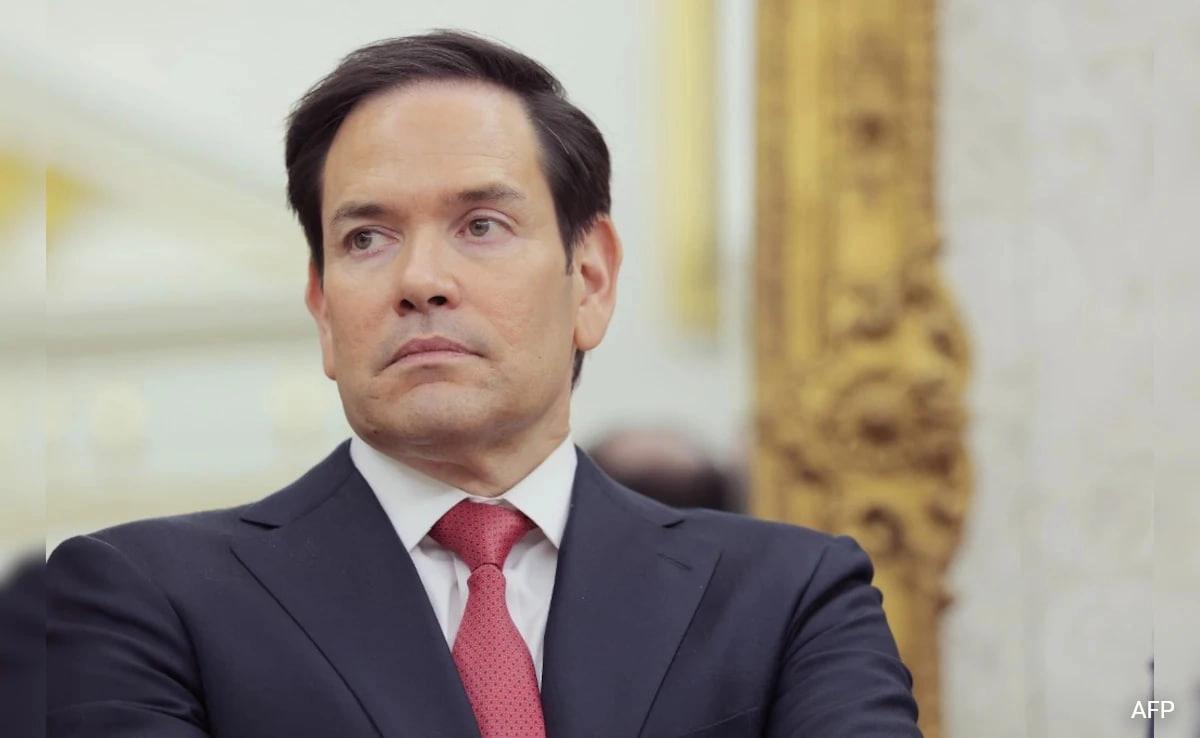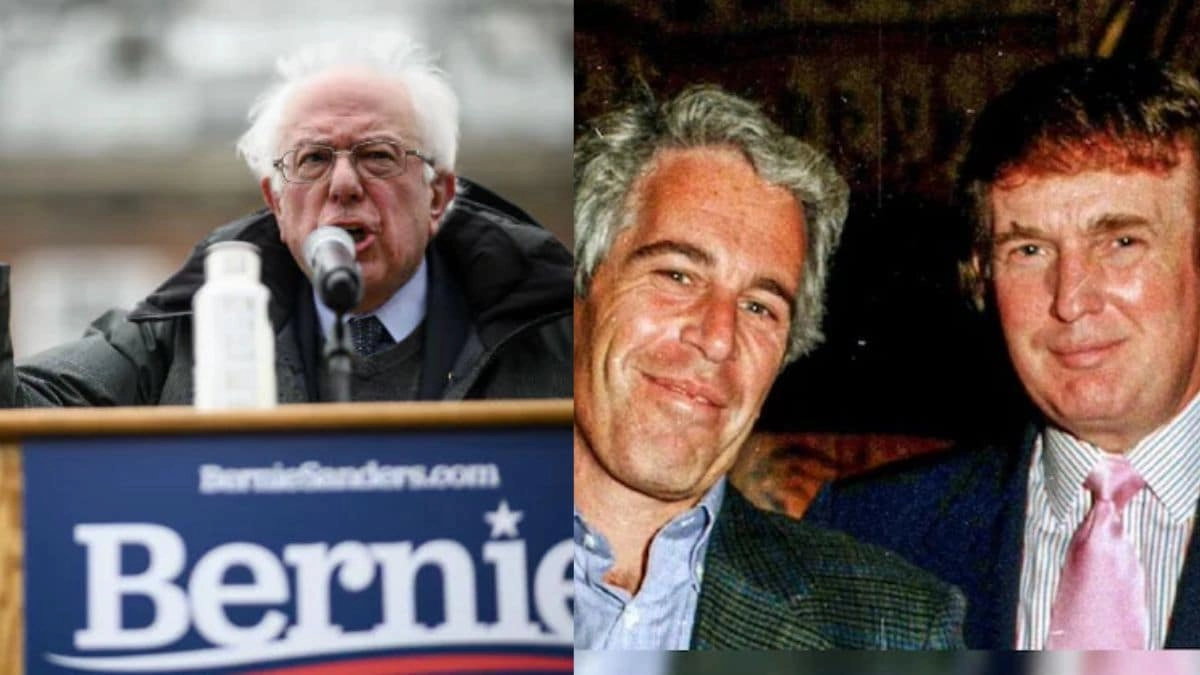In a recent report, it has been revealed that former President Donald Trump communicated a demand from Russian President Vladimir Putin regarding the Donetsk region to Ukrainian President Volodymyr Zelensky. This disclosure sheds light on the complex dynamics of international diplomacy and the ongoing conflict in Ukraine. The Donetsk region, a focal point of contention between Ukraine and Russia, has been a battleground since 2014, following Russia’s annexation of Crimea. The demand from Putin, as conveyed by Trump, underscores the significant pressures Zelensky faces as he navigates the geopolitical landscape, balancing Ukraine’s sovereignty with the demands of powerful leaders.
Zelensky’s refusal to comply with Putin’s request highlights Ukraine’s steadfast stance against Russian aggression. The determination to uphold territorial integrity is a cornerstone of Ukraine’s national identity and its aspirations for closer ties with Western nations. This incident not only illustrates the challenges Zelensky encounters in maintaining his country’s independence but also reflects the broader implications for international relations in the region. The interplay between Trump, Putin, and Zelensky illustrates the intricate web of diplomacy that characterizes the ongoing conflict, with each leader pursuing their own strategic interests.
The implications of Trump’s involvement in this situation are significant, particularly regarding U.S.-Ukraine relations. As a former president, Trump’s actions and communications can still resonate within the political landscape, influencing public perception and diplomatic initiatives. Zelensky’s refusal to acquiesce to Putin’s demands may also resonate positively with both domestic and international audiences, reinforcing his image as a leader committed to defending Ukraine’s sovereignty. This scenario exemplifies the ongoing struggle in Ukraine, where leaders must constantly negotiate the competing interests of powerful nations while striving to assert their own national interests.
As the conflict continues to evolve, the dynamics among these leaders will undoubtedly shape the future of Ukraine and its relationships with various global powers. The situation remains fluid, with the potential for new developments as diplomatic efforts unfold. The stakes are high, and the outcome of these interactions could determine the trajectory of not only Ukrainian sovereignty but also the balance of power in Eastern Europe and beyond.




